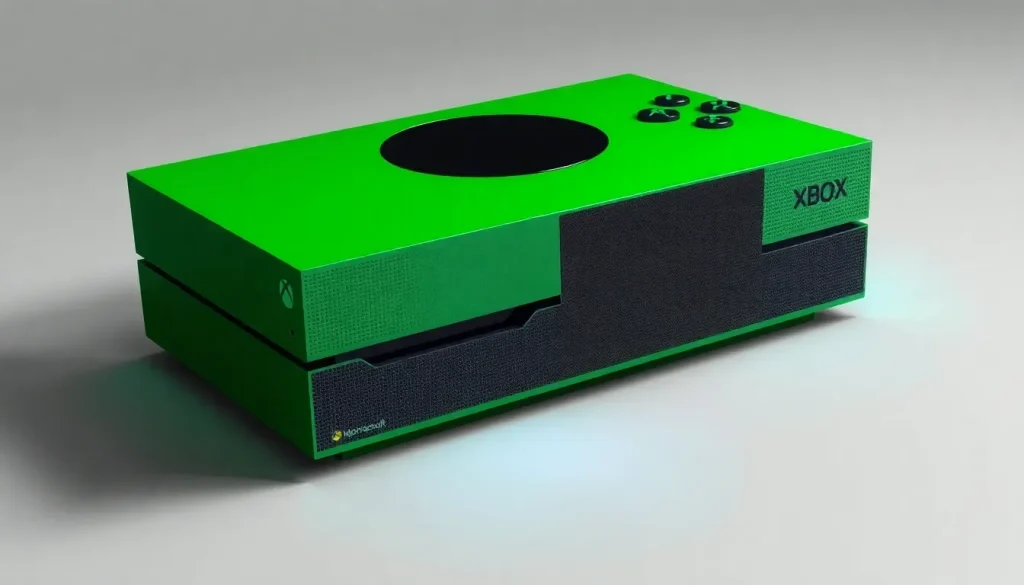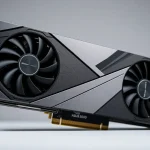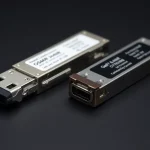Xbox más allá de la consola: presente y futuros posibles

The future of Xbox has become a topic of intense speculation and analysis, particularly as the gaming landscape continues to evolve. If we were to rewind fifteen years, the conversation would have revolved around a straightforward competition of consoles, dominated by Microsoft’s Xbox and Sony's PlayStation. Back then, it was all about hardware, exclusives, and the race for the best gaming experience. However, as technology has advanced and consumer preferences have shifted, the definition of what a gaming console represents has transformed profoundly. Today, the dialogue extends far beyond the confines of physical hardware.
As we stand at the crossroads of gaming's future, we must consider the various pathways that Xbox could navigate in the coming years. Microsoft has made strategic moves that suggest a departure from the traditional "console-first" mentality, indicating that the future of Xbox may encompass broader concepts. Here, we delve into three potential models for Xbox's evolution, each representing a significant shift in how we perceive gaming and the brand itself.
- Future of Xbox: What Will the Next Console Be Called?
- What Console Will Release in 2025?
- Will Xbox Stop Manufacturing Consoles?
- The Future of Xbox One: What Lies Ahead?
- Xbox as a Service-Centric Ecosystem
- Xbox as a Multi-Platform Publisher
- AI: The Next Frontier for Xbox
- The Identity Dilemma: What Does Xbox Represent Without a Console?
Future of Xbox: What Will the Next Console Be Called?
As Microsoft looks ahead to the next console generation, many are left wondering about the name and branding of the upcoming Xbox console. Traditionally, each new console has been clearly defined by its generational label—think Xbox 360 or Xbox One. However, as the gaming ecosystem becomes increasingly complex, the question arises: will the next Xbox stick to the numerical naming convention, or will it adopt a new identity altogether?
There are several possibilities to consider:
- Xbox Series C: Continuing the numerical trend could suggest a direct successor to the current Series X and S models.
- Xbox Infinity: This name could symbolize a commitment to an expansive gaming universe, emphasizing cloud gaming and digital services.
- Xbox Unity: This could reflect the integrated approach Microsoft is taking, merging console gaming with cloud services.
Ultimately, the naming strategy will likely align with Microsoft's vision for the console's capabilities and its role within the broader gaming ecosystem.
What Console Will Release in 2025?
The anticipation for a new Xbox console is building, with potential releases projected for 2025. As gamers speculate about the features and specifications of this next generation, it's essential to understand the technological advancements that could shape the new console.
Some potential innovations could include:
- Enhanced Performance: Expect cutting-edge hardware that supports 8K gaming and significantly reduced load times.
- Cloud Integration: A seamless connection to Xbox Cloud Gaming, allowing players to access their library from various devices.
- AI Capabilities: Advanced AI algorithms that enhance gameplay, creating more immersive experiences.
With these advancements, the 2025 console may not just be a gaming device but a comprehensive entertainment hub.
Will Xbox Stop Manufacturing Consoles?
The idea of Xbox moving away from console manufacturing has been circulated in recent discussions. As cloud gaming gains traction, Microsoft could pivot towards a service-focused model where hardware becomes less essential.
However, there are compelling reasons why Microsoft will likely continue producing consoles:
- Consumer Preference: Many gamers still prefer traditional consoles for their ease of use and performance.
- Brand Loyalty: The Xbox brand has a strong following that values the console experience.
- Market Competition: As long as competitors like Sony and Nintendo continue to release consoles, Microsoft will likely stay in the hardware game.
While the focus may shift more toward services, it doesn't necessarily mean the end of console production.
The Future of Xbox One: What Lies Ahead?
As the Xbox One generation fades into the background, the fate of existing consoles raises questions. What will happen to Xbox One as newer models come into play?
The support for Xbox One could look like this:
- Game Compatibility: Microsoft has been committed to backward compatibility, so Xbox One titles may remain playable on newer systems.
- Phased Out Support: Eventually, support for Xbox One may diminish as Microsoft channels resources into newer technologies.
- Cloud Gaming Access: Existing Xbox One users could benefit from cloud gaming services that allow them to access newer titles without requiring advanced hardware.
In this way, Xbox One might transition into a legacy system while still providing value to its user base.
Xbox as a Service-Centric Ecosystem
When Microsoft launched Game Pass in 2017, it was seen as a novel subscription model that would redefine how players access games. Fast forward to today, and Game Pass has become the backbone of Xbox's strategic direction, morphing the console from a mere hardware device into a comprehensive gaming ecosystem.
The evolution of Xbox into a service-centric platform is underpinned by two core elements:
- Subscription Model: Game Pass has generated substantial revenue, indicating that the future may lean more toward service subscriptions than hardware sales.
- Accessibility: With Xbox Cloud Gaming, gaming has become device-agnostic; players can enjoy their games on various platforms.
This shift also allows for a more interactive and AI-driven gaming experience. Microsoft's ongoing investment in AI technologies, such as Copilot for Xbox, could create more personalized gaming environments tailored to individual player styles.
Xbox as a Multi-Platform Publisher
The concept of exclusivity in gaming has been a cornerstone of console identity. However, Microsoft is challenging this notion by embracing a multi-platform approach. Recent initiatives have seen Xbox games reaching rival platforms like PlayStation and Nintendo, signaling a broader strategy aimed at maximizing audience reach.
Key implications of this shift include:
- Expanded Reach: By making games available on multiple platforms, Microsoft can tap into a larger player base.
- Diminished Hardware Focus: As titles become cross-platform, the need for exclusive titles tied to Xbox hardware diminishes.
- Identity Crisis: With games available everywhere, the question arises: what does it mean to be an “Xbox” title?
The move towards a multi-platform publishing model could redefine Xbox's identity in the gaming landscape.
AI: The Next Frontier for Xbox
Artificial Intelligence has emerged as a transformative force across various industries, and gaming is no exception. Microsoft aims to harness AI within the Xbox ecosystem, potentially changing how games are developed and experienced.
Projects such as MUS-E aim to integrate generative AI into game development processes, allowing for:
- Dynamic Environments: AI-generated worlds that adapt in real-time based on player interactions.
- Adaptive Dialogues: NPCs that can engage players with contextually relevant conversations.
- Personalized Experiences: AI-driven recommendations that cater to individual player preferences.
However, this shift is not without challenges. Issues surrounding copyright, creative ownership, and the emotional depth of AI-generated content will need to be addressed as the industry moves forward.
The Identity Dilemma: What Does Xbox Represent Without a Console?
As Xbox navigates these transformative changes, it faces an identity crisis that speaks to the core of what the brand has represented for over two decades. Historically, Xbox has symbolized the power of dedicated hardware, a strong community, and a unique gaming experience.
As the brand evolves:
- Hardware vs. Service: With a potential shift away from focusing solely on hardware, what does it mean to be "Xbox"?
- Emotional Connection: The physicality of owning a console has fostered a strong emotional bond with gamers.
- Brand Dilution: If Xbox exists solely as a service, the distinctiveness of the brand may become blurred.
Microsoft insists that Xbox will not disappear but will evolve, focusing on creating an expansive gaming ecosystem. However, this transition raises questions about the emotional attachment that players have to the tangible aspects of gaming.
In a future where Xbox transcends hardware, the challenge will be to maintain the essence of what makes gaming special—the stories, communities, and shared experiences that define the culture of play.




Leave a Reply